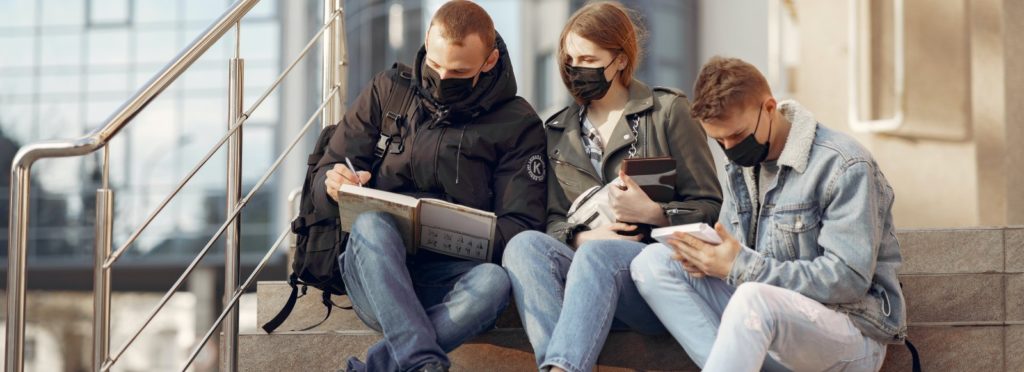- ...
Masters Compare - Find your perfect masters course.

Universities in the UK are moving towards a common set of principals for reopening to new and returning students in the new academic year 2020.
They are being very cautious about what details they can confirm to current students and potential applicants, but they have real strategic challenges in the immediate term.
Universities have to organise the ongoing support of current students, safely re-open campus facilities where possible and manage their employees who are still working from home. Services that have been in lock down need to be gradually re-started.
They have to continue to support students making decisions for their first degree courses, as well as consider how to admit students planning to enrol for a masters course.
They have to support academic and support staff who are keen to get back to work but have to be assured it is safe to do so.
World ranked universities such as Oxford and Cambridge attract a lot of attention from the media, both in the UK and overseas, but they are not representative of every university. Universities UK is an important advisory group representing 136 universities and colleges. They have published policy ideas on how its members should plan for the new term, and it is likely that most HEI’s will follow the same guidance.
Here is a summary of the main points that relate to postgraduate students: -
Universities have warmed to the idea of creating living and learning clusters on campus, which means that students may have to live in halls of residence with others on their course and keep within physically distanced social bubbles when campuses reopen.
Students would mix only with others on certain courses and year groups to minimise the infection risk from coronavirus. On campus, students and staff would move around in a one-way system.
Each University is unique, and although they are all required to meet standards laid down by the UK Government they have to adapt to the situation that they find themselves in, and make changes accordingly.
Universities have buildings and accommodation that is spread across a number of locations, so they are trying to bring in measures that will work for their particular environment. There won’t be a ‘one size fits all’ approach to reopening university facilities, and this can be confusing if you are searching for advice from different providers.
The University of Brighton has published a really clear set of priorities, so we are sharing these as they are simple to follow: -
All universities will be introducing measures similar to these over the next few weeks, and many will try to come up with innovative solutions to make the process of re-admitting students as painless as possible.
Some universities are being flexible with services such as accommodation and is offering discounts, so it is worth checking with the provider you are applying to and see what the arrangements are for PhD students.
We are all governed by the advice that is laid down from Westminster, so universities have to have the flexibility to take steps and adapt to the heath situation if the advice changes or the country experiences a sudden re-emergence of the virus and has to lock down specific areas of the UK.
Some students may consider they would prefer to start later in the year, however this is determined according to individual personal circumstances, and universities will be encouraging all candidates to continue with their applications for September rather than worry about what other students say they plan to do.